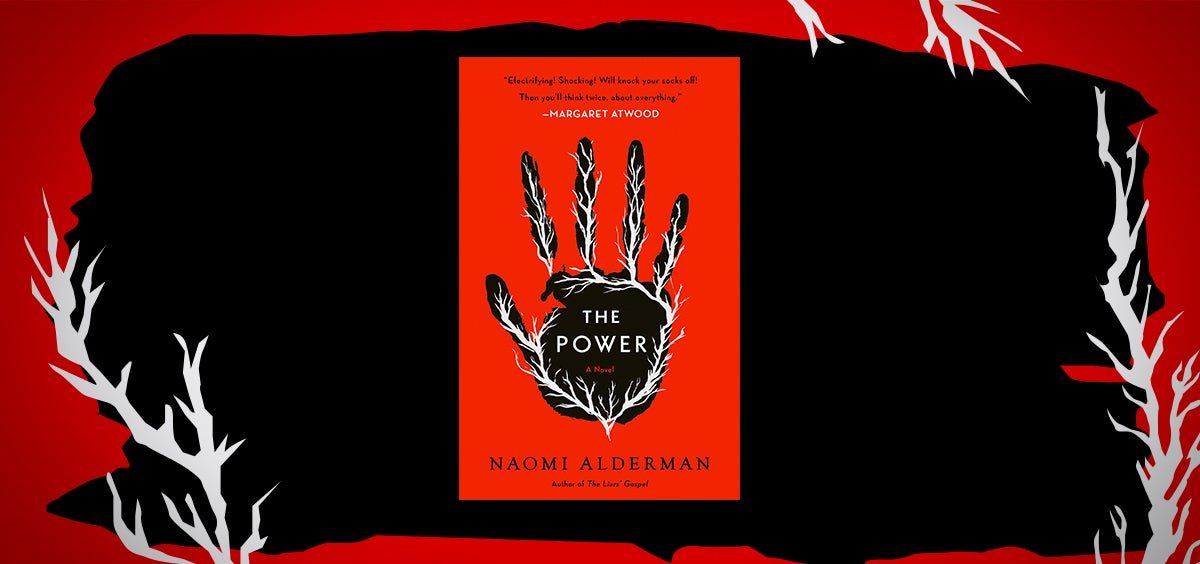This novel made me think more about gender equality
Author: admin | April 14, 2023, 3:15 p.m.

One thing I love about science fiction is the way it can reflect what is on people’s minds. Growing up in the sixties, I read a ton of sci-fi, and most of the novels involved either robots or space travel and life on other planets. That was the early days of the robotics industry and the time of the space race between the U.S. and the Soviet Union, so it makes sense that authors were dealing with those subjects. Climate change wasn’t something people worried about then, and I can’t think of any science fiction I read or was aware of as a kid that looked at the role of gender in society. Or if it did, I didn’t pick up on the message.
Today, of course, sci-fi writers are taking on a wider range of subjects. Elsewhere on Gates Notes I’ve written about The Ministry for the Future, which is all about the effects of climate change and efforts to limit the damage.
And at the suggestion of my daughter Jenn, I recently read The Power, by Naomi Alderman, which finds a clever way to look at gender roles. What would the world be like, Alderman asks, if all the women on Earth suddenly developed the ability to discharge massive electric shocks from their bodies? She takes this single idea and explores how it changes the dynamic between men and women, and among women. In doing so, she reveals a lot about how power and gender work today. (The word “power” in the title has multiple meanings.)
The novel switches back and forth between several characters, all but one of them female. For example, Margot is a budding politician with a teenage daughter, Jocelyn, who initially tries to hide her abilities so she doesn’t endanger her mom’s career. You also meet Allie, a young girl who uses her power to escape an abusive foster home and eventually establishes a new type of religion, and Roxy, the daughter of a London crime boss, who’s already tough even before she develops her power.
Early on, you see these and other women dealing with men’s growing fear of their new abilities. (The one major male character is a journalist who documents the growing global phenomenon and is an ally to women, though he also has to contend with the shifting balance of power in his own life—like being afraid to walk alone at night.) Rather than leading to some utopia where women and men are equals and the world is a kinder and gentler place, the change actually results in violent social upheaval. Some men take up arms in a desperate attempt to keep control. Some women find their new power intoxicating and exact brutal retribution on men. I won’t go into detail about just how bad things get, but be warned: The Power contains graphic depictions of sexual violence.
Whatever you think of those scenes, The Power raises timely questions about gender dynamics. Are people more connected by gender than by family, community, or country? And can power corrupt anyone, regardless of gender?
Reading about female characters who have been suffering with no recourse and suddenly have the power to defend themselves, I gained a stronger and more visceral sense of the abuse and injustice many women experience today. And I expanded my appreciation for the people who work on these issues in the U.S. and around the world, including the grantees supported by the Gates Foundation’s gender equality program.
I do have one minor complaint about The Power. The book uses a framing device, and I thought the way it wrapped up at the end was a little predictable. But overall, the massive role reversal that takes place in this book is a compelling reminder of what life is like for women all over the world and the injustices and indignities that they face. Even though the world has made a lot of progress on gender equality, a lot more work remains to be done.
Posted by Bill Gates at Gates Notes
Comments:
To see the comments and leave a comment, please log in or create an account.